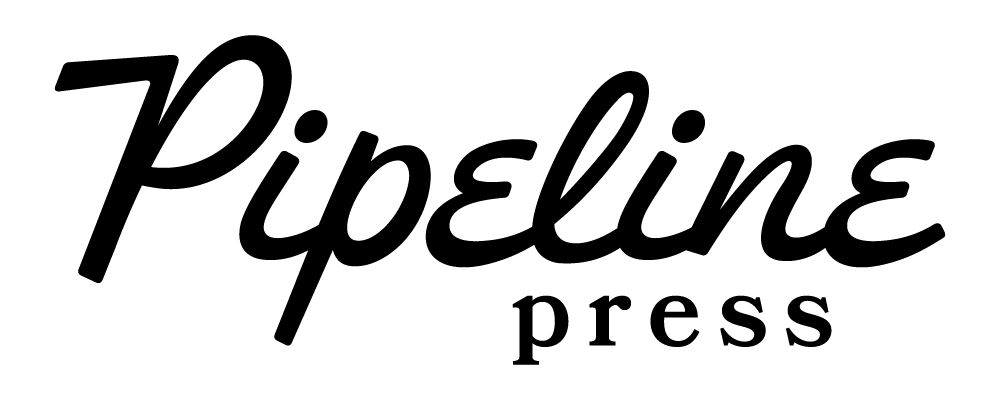TLDR: Startup life is hard but can be extremely fun as you’ll have your hands in a ton of different aspects, but that means it’s time consuming and can be frustrating. Working for a big name company can be soulless at times, however affords you brand name recognition with your prospects.
When faced with the decision to work for a no name startup or a big name company there are many things you need to consider. It is not an easy decision when tasked with it, so here are some key things you may deal with. This is not an all encompassing list, but things I’ve personally had experience with.
Culture
When working for a startup, depending on what stage, it really does feel like family. There is a blending of personal and professional lives due to the intimacy of the company where you learn a ton about the people you work with. That said, the company tries to make the place as enjoyable a space as possible. I once worked at a startup that had pool tables, video games, all you can eat cafeteria, catered meals once a month, and beer on tap. They really knew how to treat the employees.
At a big company things are more professional. We don’t have the pizazz of the startup with toys all around, I’ve got my desk, the water cooler, and cold brew coffee on tap to get me drunk on caffeine. I’ve only met a handful of colleagues and speak with a few people a day. So not much culture here.
Internal Resources
Startups often have limited resources, so as a seller key things you need to succeed are competitor battle cards, whitepapers, use cases, customer quotes, referrals you can call upon. These internal resources are usable to help you sell to your prospect and target the right people. Without it may seem like you are pushing a boulder up a hill while being chained to a bowling ball.
That big soulless corporation may have all the internal resources you need and more. Sometimes it feels like I have too many resources. You may have training specifically to a competitor and how to objection handle or lay traps to influence the decision criteria. Use cases galore that you can leverage in your talk track, as well as potentially a competitive intelligence team that you can call upon to speak with the prospect to influence the decision criteria.
Name Branding
There’s a saying in sales, “you don’t get fired from buying IBM.” This means that when our prospects are evaluating products, your solution may check all of their boxes at the startup but there is still risk involved in the purchase. As sales reps we often get caught up in the specifics of the sales cycle and forget about the internal politics, fears, and background of our prospect. If you are ripping and replacing, their boss may have put the previous product in place and if ripped out too early may cause their boss to look bad and have negative implications on their career.
The name brand company has that major advantage of selling. It’s an easier sell but you’re battling for time and often your company can get pigeonholed into what it does and that is difficult if you are branching out into different genres.
Quota
Start ups are often more forgiving than a big company if you are not attaining. Startups understand that it is a process and takes time to be able to find market fit and success.
Hit quota and show improvement or you’re out.
Salary
Salaries vary heavily on industry and experience. I’ve found that if you have the experience and can “walk the walk” startups will throw a mountain of cash at you part of your base as it’s harder to hit quota. Established companies are a bit more conservative with their base salary.
That said, it’s all about what you know, who you know, and what you can negotiate.



